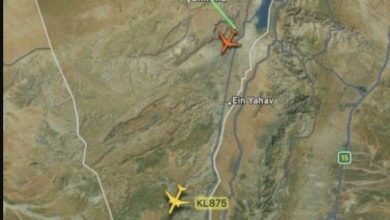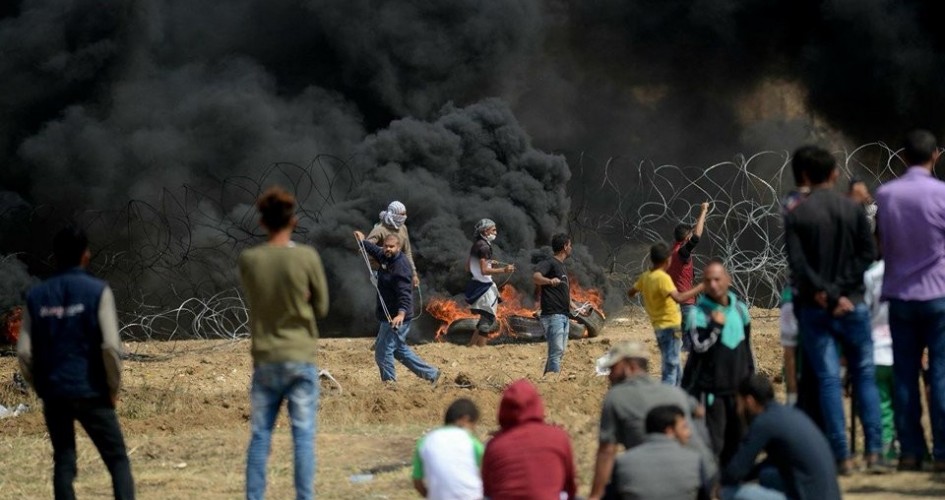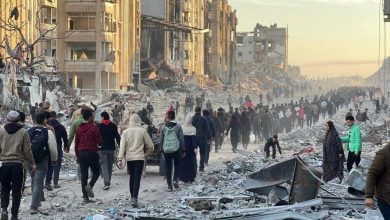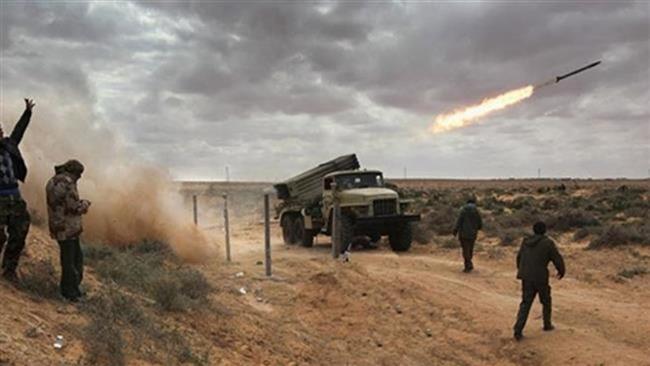Kabul hosts multi-nation peace confab amid tight security
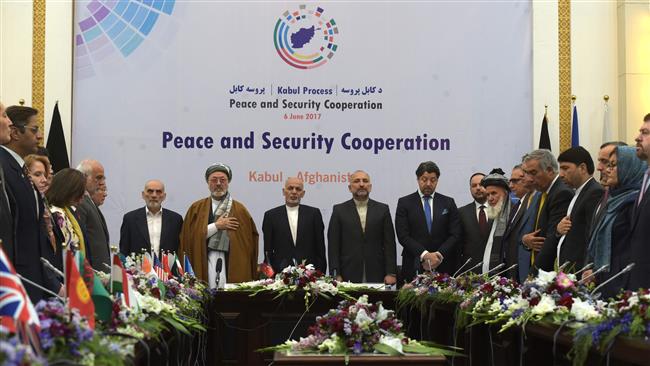

Afghanistan’s government is holding a multi-nation peace conference in the capital, Kabul, which remains on lockdown in the wake of a fatal Daesh bombing last week.
The event, dubbed the Kabul Process, opened on Tuesday with the presence of senior diplomats from about two dozen countries and organizations, including Iran, India, China, Pakistan, the US, the European Union, the United Nations and NATO.
The meeting, according to Afghan authorities, aims to draw international support on ways to restore security to the war-torn country which is still grappling with militancy despite the presence of thousands of foreign boots on the ground there.
“The Kabul Process is meant to reach a consensus with the region and the world for peace in Afghanistan,” said presidential spokesman Shah Hussain Murtazawi.
Speaking Tuesday at the event, Afghan President Ashraf Ghani pointed to last week’s devastating truck bombing in Kabul’s diplomatic quarter, announcing a new casualty figure of more than 150 killed.
“Over 150 innocent Afghan sons and daughters were killed and more than 300 wounded were brought to hospitals with burns and amputations,” Ghani said.
Afghan authorities had previously estimated the death toll from the bombing to be at 90.

Taliban invited to dialog
The Afghan president also invited the Taliban militant group to engage in peace talks, calling the offer their “last chance” to give up their 16-year militancy and join the political process.
Past attempts at reviving such peace talks have failed. The Taliban have refused to negotiate with the government until all foreign forces leave, and still refer to themselves as a government in exile, angering authorities in Kabul.
The meeting is being held amid a security lockdown on Kabul in the aftermath of the May 31 bombing and the ensuing angry protests against poor security, which turned deadly. The attack hit one of the capital’s most secure districts, which is home to foreign diplomatic missions as well as the presidential palace.
No group has claimed the attacks, but the government has blamed the Taliban-allied Haqqani Network for Wednesday’s bombing. The Taliban have denied any role in the assault.

Afghan Foreign Ministry spokesman Shakib Mustaghni emphasized that the country’s security institutions have assured the government the event’s venue will remain safe in the wake of recent bombing in the capital.
Hundreds of security forces have been placed on alert throughout the capital as riot control and armored vehicles have been deployed on Kabul’s streets amid strict security measures.
However, as the conference opened, a rocket struck an Indian diplomatic compound around a kilometer of the event’s headquarters. Police sources said the incident did not cause any casualties.
Meanwhile, Afghan protesters continued a sit-in for a fourth day Monday near the bombing site, have demanded the ouster of the country’s security chiefs, including national security adviser Hanif Atmar.
The attacks have also exacerbated tensions between rival ethnic groups and raised the prospect of a political crisis as Foreign Minister Salahuddin Rabbani, who heads the mainly Tajik Jamiat political group, called for Atmar’s resignation on Monday.
However, President Ghani, who is an ethnic Pashtun, has firmly rejected the demand.
Afghanistan has been gripped by insecurity since the United States and its allies invaded the country as part of Washington’s so-called war on terror in 2001, but many parts of the country remain plagued by militancy despite the presence of foreign troops.
In addition, the Daesh Takfiri terrorist group, which is mainly active in Syria and Iraq, has recently managed to take recruits from Afghan Taliban defectors.

